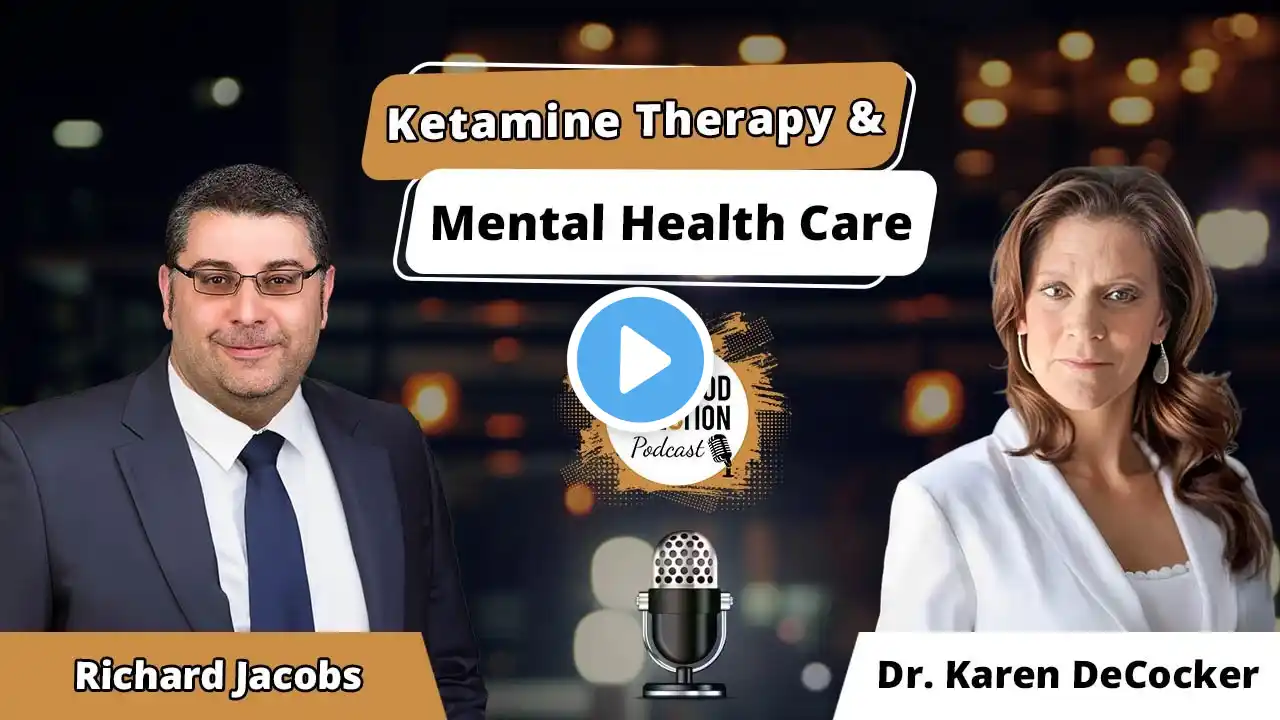
Ketamine Treatment
Ketamine treatment has become a significant topic in psychiatry and neuroscience, particularly for its rapid and effective results in treating various mental health conditions. Here's an overview: What is Ketamine Treatment? Ketamine is an NMDA receptor antagonist originally used as an anesthetic. In lower doses, it has been repurposed for psychiatric use, offering rapid-acting relief for certain treatment-resistant conditions. It is administered in forms such as intravenous (IV) infusions, intranasal sprays, or oral tablets. Conditions Treated with Ketamine Treatment-Resistant Depression (TRD): One of the most researched uses, with evidence showing it can relieve depressive symptoms within hours. Bipolar Depression: Ketamine has shown efficacy in reducing depressive episodes without triggering manic phases. Post-Traumatic Stress Disorder (PTSD): Promising results in alleviating symptoms, particularly in combat veterans and trauma survivors. Suicidality: Often used in emergencies to reduce suicidal ideation quickly. Chronic Pain Syndromes: Used for conditions like fibromyalgia and complex regional pain syndrome (CRPS). Mechanism of Action Ketamine works by modulating glutamate, a neurotransmitter essential for neural plasticity and communication. It: Inhibits NMDA receptors, leading to an increase in glutamate release. Stimulates AMPA receptors, enhancing synaptic strength and neuroplasticity. Promotes the release of brain-derived neurotrophic factor (BDNF), aiding in the repair of damaged neural circuits.



















